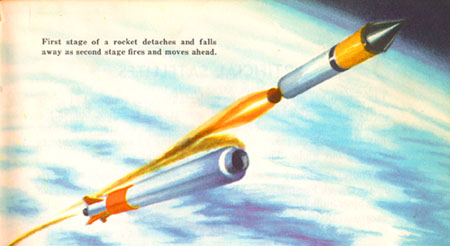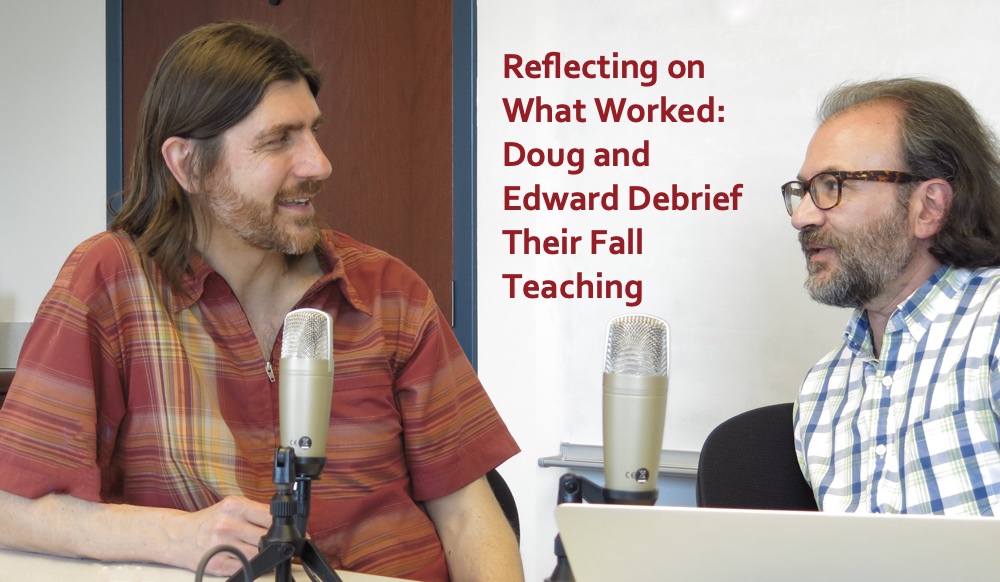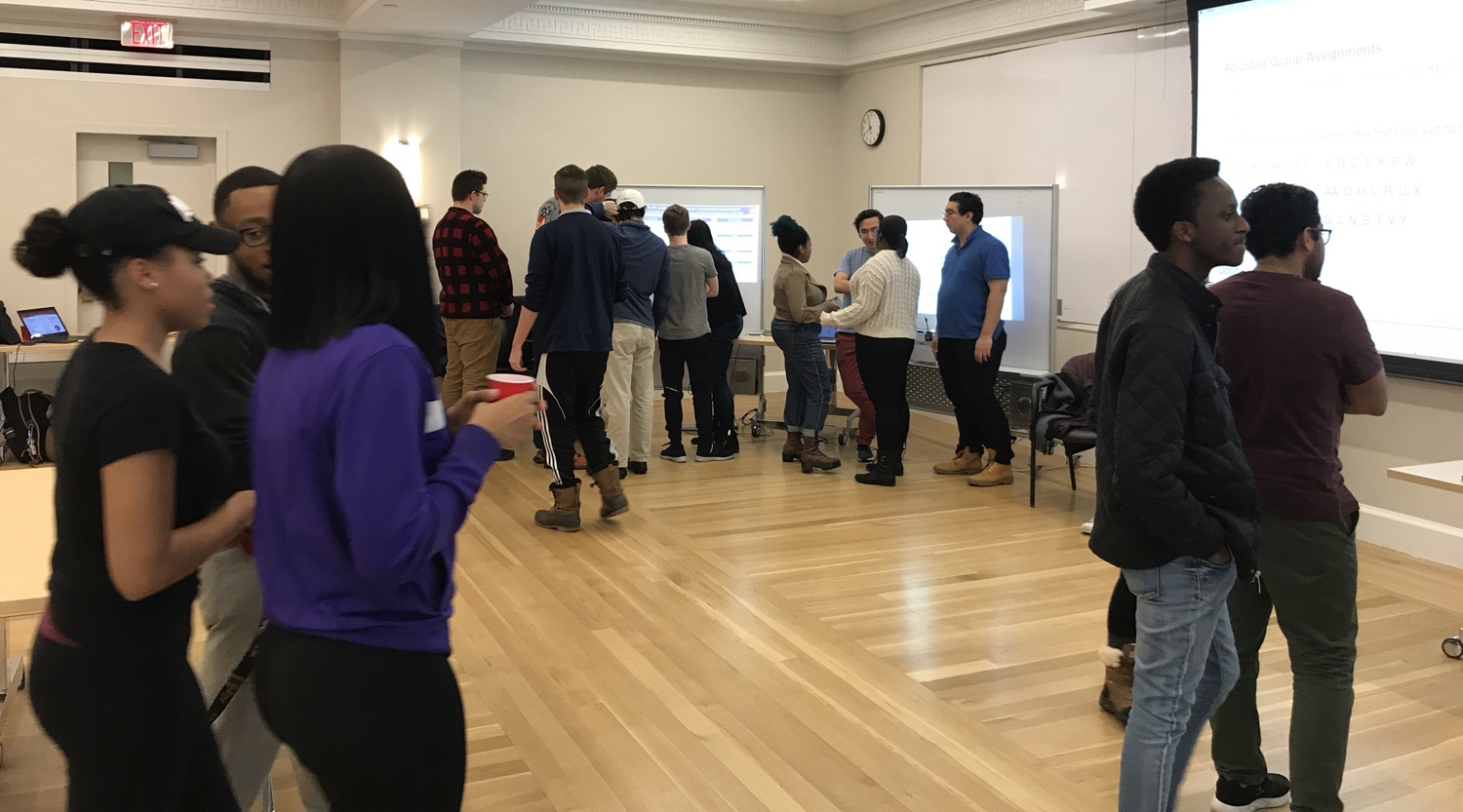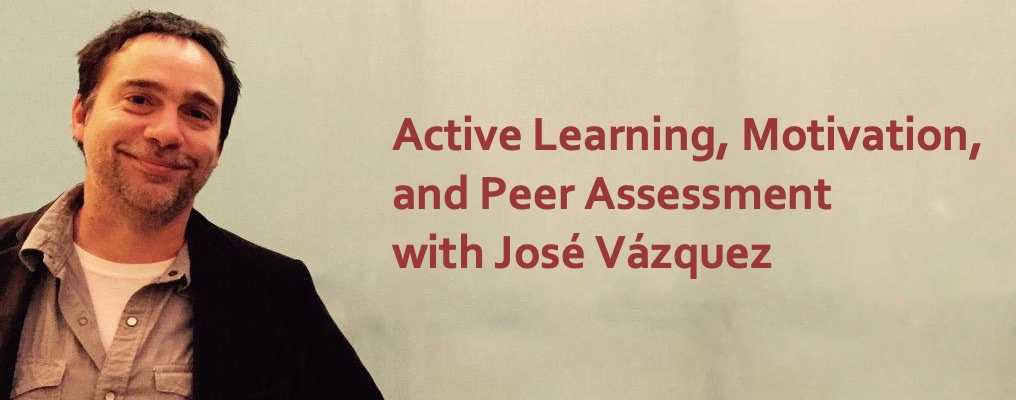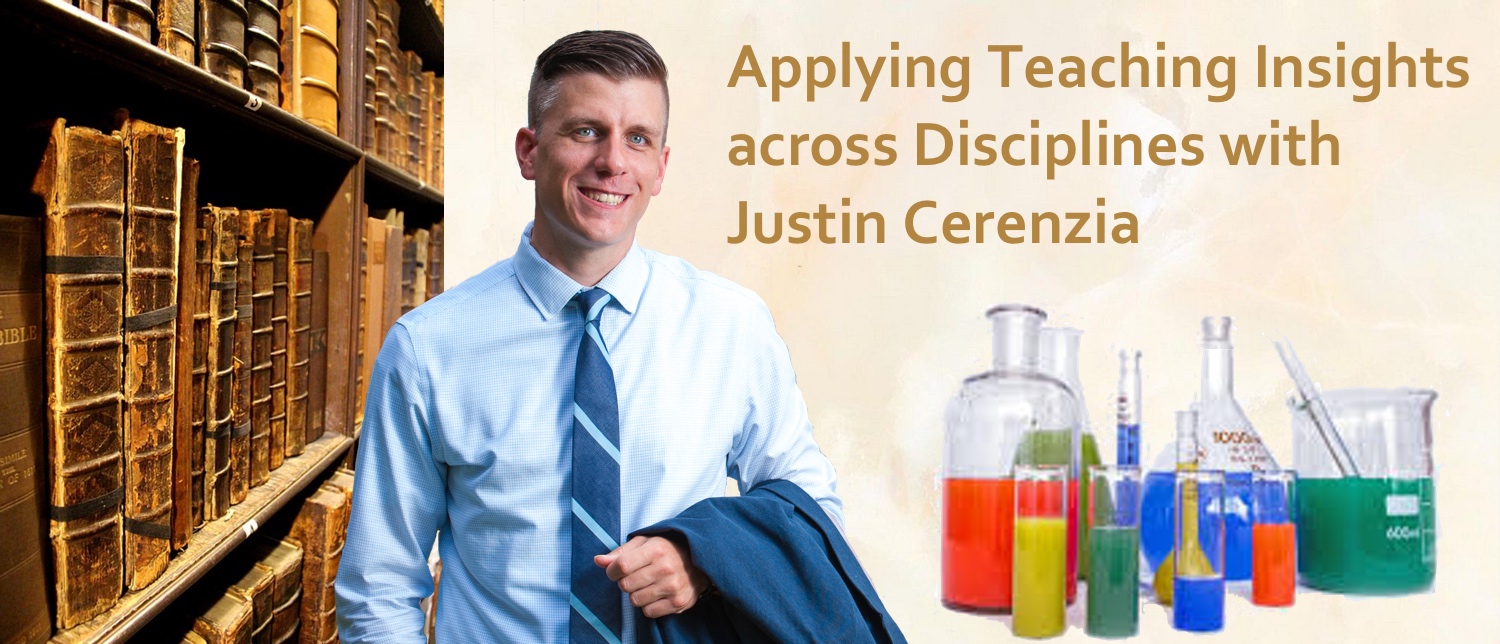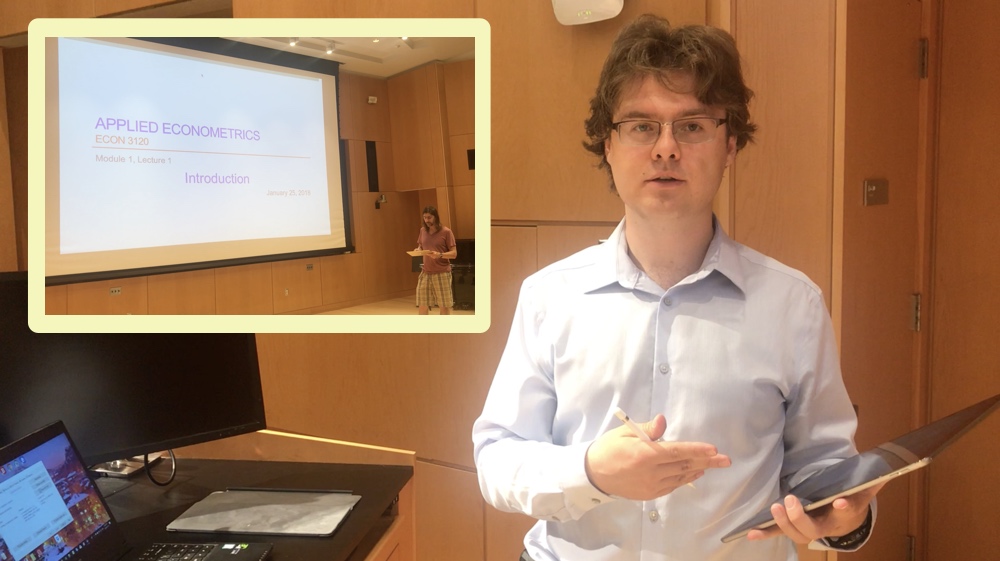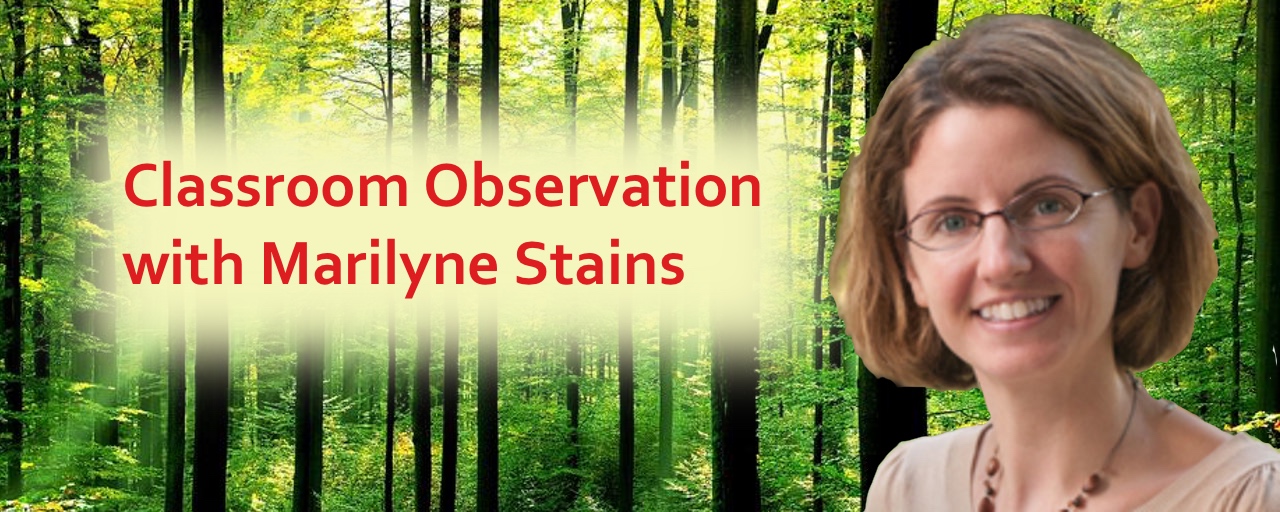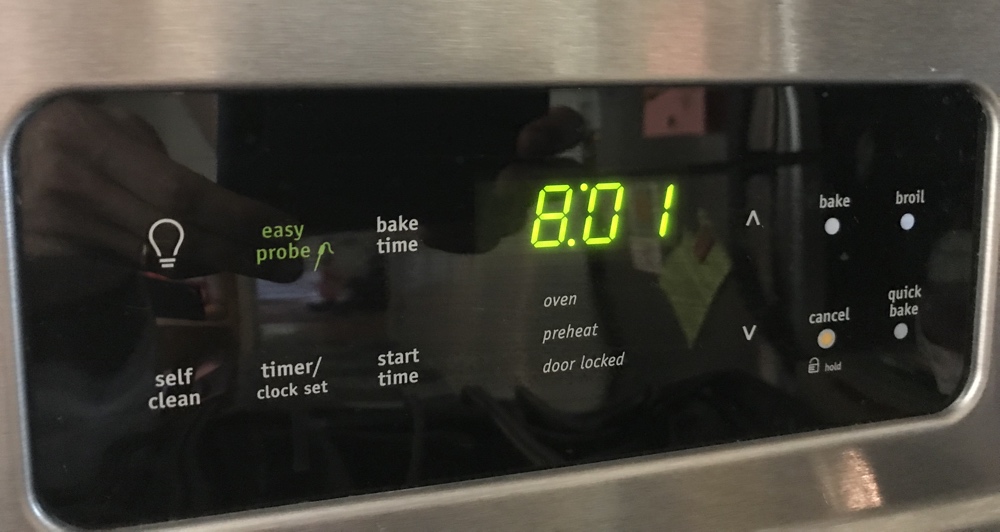More on Two Stage Exams
I have a lot of conversations with all sorts of people about teaching. Sometimes they are happy to listen, and sometimes it’s clear they’d rather be somewhere else. The one thing almost everyone gets excited about is the two stage exam. The benefits of having students work together to solve exam problems they’ve just thought hard about are glaringly obvious, and the implementation costs compared to many other potential teaching innovations are minimal.
